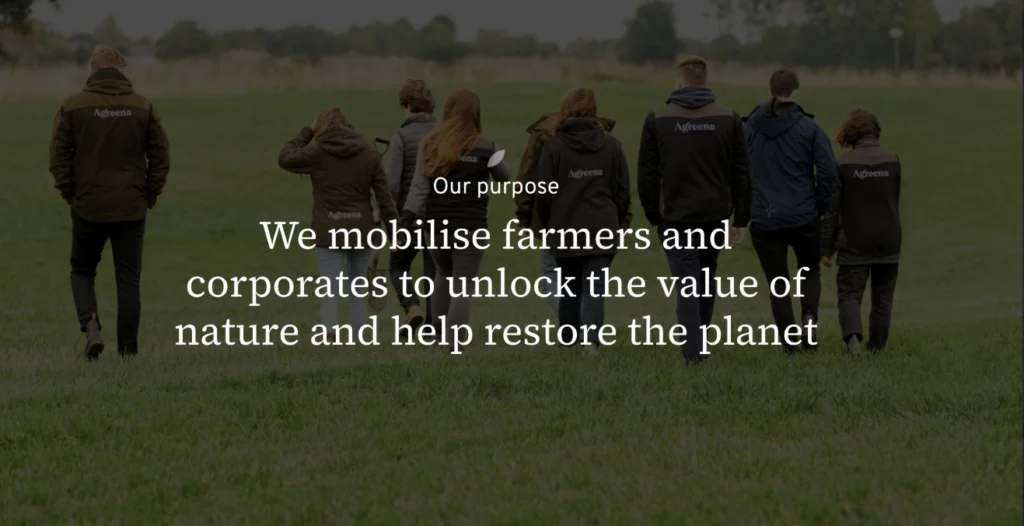The AgreenaCarbon Project is the first large-scale agricultural cropland project registered under Verra’s Verified Carbon Standard (VSC) VM0042 methodology.
The Project works with pioneering farmers across Europe who are delivering emissions reductions and soil carbon removals through the implementation of regenerative farming practices on their fields, such as reduced tillage, cover cropping, residue management, and organic fertiliser application.
A robust digital MRV system based on satellite imagery, remote sensing, and machine learning ensures precision at field level. Farmers are supported by Agreena’s technical advisors and have full transparency over carbon performance through a dedicated dashboard. The Project is operated by Agreena, who is working with over 2300 farmers across 4.5 million hectares of arable farmland – giving them access to carbon finance to accelerate the global shift to regenerative agriculture. Agreena’s scalable system enables traceable, high-integrity carbon outcomes across 20 countries, bringing climate impact and economic opportunity to Europe’s agricultural sector.
VCS4022
Project Registered
UK, Denmark, Sweden, Finland, Germany, Netherlands, France, Spain, Lithuania, Poland, Czech Republic, Austria, Hungary, Slovakia, Romania, Bulgaria, Italy, Belgium, Latvia

Improved Agricultural Land Management
3022435 tCO₂e

20 years (monitoring period), with project longevity of 40 years
Resilient farming systems, sustainable land use, biodiversity benefits, farmer income generation
The project has a strong commitment to environmental and sustainable development that benefit local communities through the following contributions:
Environment
AgreenaCarbon promotes regenerative practices that enhance soil organic carbon, water retention, and biodiversity. By shifting away from synthetic fertilisers and intensive tillage, the project reduces emissions and improves soil function. Soil data and remote sensing confirm verifiable carbon removals and co-benefits such as erosion control, improved air and water quality, and rewilded ecosystems.
Community
The project empowers farmers with tools, training, and incentives to lead the climate transition. Participating growers receive agronomic support in their local language and retain full autonomy over their fields and carbon credits. Incomes are increased through the sale of carbon certificates, and communities benefit from enhanced food security and environmental resilience.
Employment and Capacity Building
Agreena employs over 150 specialists, including soil scientists, MRV experts, and customer success teams. It partners directly with farmers through local Key Account Managers and advisors, ensuring high adoption rates of regenerative practices and hands-on support throughout the transition.
Biodiversity and Soil Health
Cover crops and residue management increase microbial and pollinator activity while providing nesting ground for birds and small mammals. Reduced agrochemical use restores ecological balance above and below ground. Enhanced soil biology and structure increase plant resilience and reduce reliance on external inputs.
Water and Food Quality
Improved nutrient cycling and soil cover reduce runoff and chemical leaching, enhancing water quality. Regenerative crops are often richer in essential nutrients, contributing to healthier diets and more resilient food systems.
Monitoring and Verification
Agreena’s MRV system includes field-level data, remote sensing, and third-party verification by Earthood and DNV. Outcomes are tracked via the Cool Farm Tool and RothC modelling, with alignment to ISO 14064-2 and Verra’s VM0042.
AgreenaCarbon represents a high-integrity, farmer-first model for delivering measurable soil-based climate benefits across Europe. With more than 2 million verified credits expected annually, it offers corporates and institutions a credible way to support climate goals, biodiversity regeneration, and the future of sustainable agriculture.



GOAL 2 – Zero Hunger

GOAL 13 – Climate Action

GOAL 15 – Life on Land
One Tribe enables businesses to be more sustainable by funding rainforest protection projects that store carbon from being released into the atmosphere. By enabling customers to protect rainforest when they shop online we also empowers consumers to drive positive change
One Tribe is a Climate Action Platform enabling businesses and their customers to make a positive environmental impact.



Eric currently works as an independent consultant at the intersection of nature and climate, focused on catalysing market and non-market solutions to drive the just transition.
He previously was Head of Product at Earthshot Labs, supporting nature conservation and restoration projects across the global south secure project finance. Prior to Earthshot Labs, Eric led nature-based carbon project development for Gorongosa National Park in Mozambique and founded the Carbon Cooperative, a global alliance of leading nature conservation and restoration practitioners exploring carbon finance. After serving in the Peace Corps in Mozambique out of university, he spent much of his 20s working in community-based conservation and ecosystem restoration efforts in Sub-Saharan Africa interspersed with two startup ventures as co-founder and CEO of a mental health tech startup and COO of a sustainable coffee company. Eric has a dual Masters in Environmental Engineering and Environmental Policy from Stanford University where he was a NSF Graduate Research Fellow and a BS in Environmental Engineering from Tufts University.
Alan is a risk management thought-leader, superconnector, and FinTech pioneer. His mission is to enable an Earth Positive economy which includes nature in global accounting systems.
Alan is Founder of Generation Blue, a venture studio dedicated to planetary game changers powered by exponential technologies. Previously, Alan established Natural Capital Markets at Lykke AG, pioneering blockchain based forestry and carbon backed tokens. Alan has over two decades of risk management experience advising global financial institutions, and was a founding member of the RiskMetrics Group, a JPMorgan spin-off. Alan is an investor and advisor to regenerative impact ventures, including TreeBuddy.Earth, Regenativ, and Vlinder Climate.
Lori Whitecalf made history when she became the first woman to be elected Chief of Sweetgrass First Nation in 2011. She served three terms of office from 2011-2017.
Lori took a two-year hiatus from leadership to expand the family ranch and serve as the FSIN Senior Industry Liaison. She was re-elected on November 29. 2019 and again on November 30, 2021, as Chief of Sweetgrass. Chief Whitecalf practises a traditional lifestyle of hunting, fishing and gathering. She currently sits on the following boards: Saskatchewan Indian Institute of Technology, FSIN Lands and Resource Commission, Battle River Treaty 6 Health Centre and Battleford Agency Tribal Chiefs Executive Council, FSIN Women’s Commission.
Tina is the Chief Business Officer for MLTC Industrial Investments, the Economic Development arm of the Meadow Lake Tribal Council. She has a diverse background of experience. Having spent 15 years as a municipal Chief Operating Officer, 20 years involved in Saskatchewan’s Health Authority Board Keewatin Yatthe and 9 years with Northern Lights Board of Education.
She continues as a Board Member with Beaver River Community Futures supporting small business development in her home region. Tina brings a wealth of experience in a variety of fields and many connections to the Indigenous communities of Northern Saskatchewan. In addition Tina holds a BA Advanced from the U of S, a Certificate in Local Government Authority from the U of R and is certified as a Professional Economic Developer for Saskatchewan and a certified Technician Aboriginal Economic Developer (TAED).
Tootoosis’ career spans 40+ years in HRM, political leadership, and Indigenous economic development, as a dedicated bridge builder and advocate for Indigenous causes.
As a key member of the Saskatoon Regional Economic Development Authority (SREDA) team since 2021, he develops strategies for the Truth and Reconciliation Commission final report and Call to Action #92.
He is a graduate of the First Nations University of Canada and a certified Professional Aboriginal Economic Developer. Spearheading various community initiatives while serving as a Chair of the SIEDN while directing ILDII and WIBF. Founder of MGT Consulting Tootoosis is based in Saskatoon, Treaty Six Territory.
Cy Standing (Wakanya Najin in Dakota) has a long and distinguished career including serving overseas as an Electronics Technician in the Royal Canadian Air Force, former Chief of Wahpeton Dakota Nation, former Vice Chief of the Federation of Saskatchewan Indigenous Nations (FSIN), past Executive Director of Community Development Branch of the Department of Northern Saskatchewan as well as an Order in Council appointment to the Federal Parole Board.
Mr. Standing has served as a Director on many Profit and Non-Profit Corporate Boards, including serving as a Director for Affinity Credit Union with assets of over six billion dollars as well as IMI Brokerage and Wanuskewin and is currently a member of the One Tribe Indigenous Carbon Board.